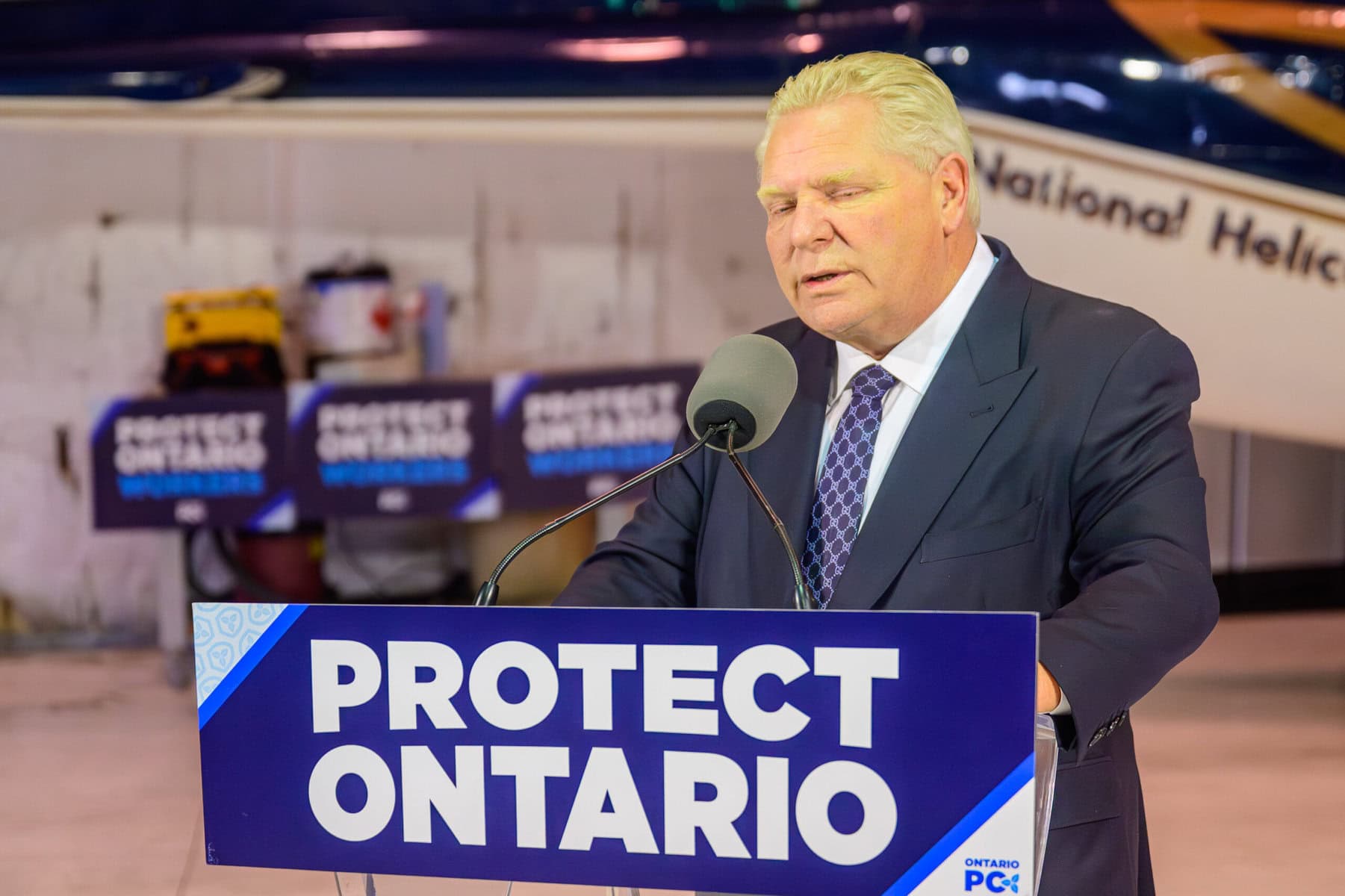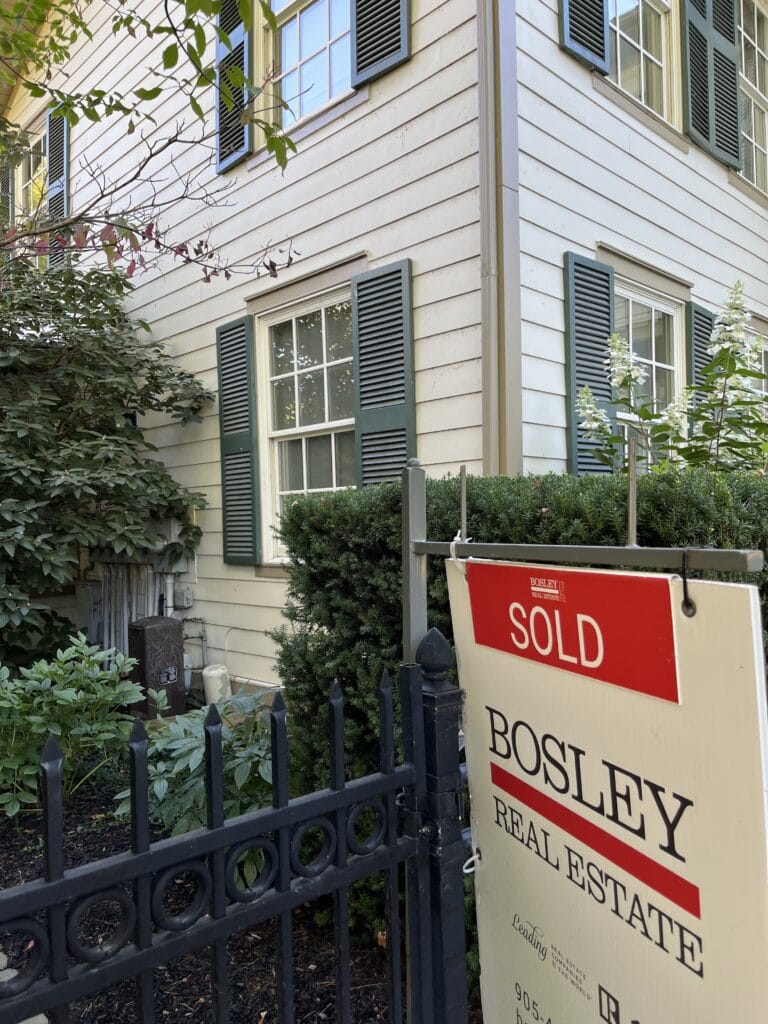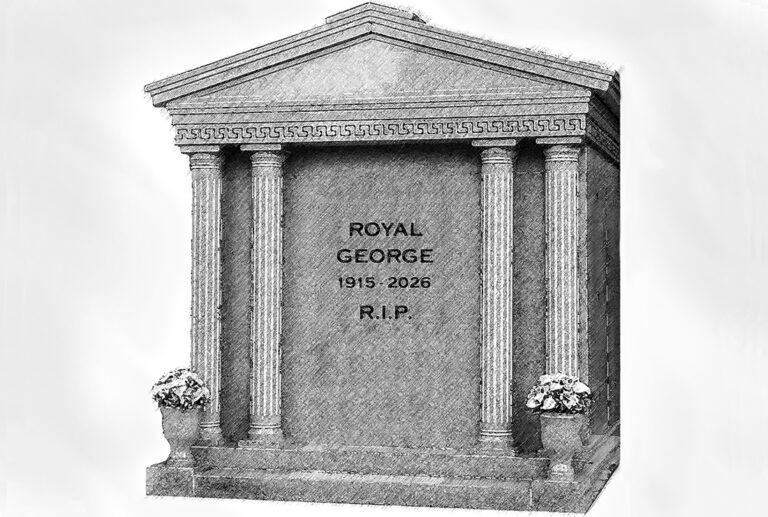Within two days of Premier Doug Ford’s election call, his party received the joint mayoral endorsement of the region’s three largest cities — Niagara Falls, St. Catharines and Welland.
How odd, I thought, as I read the CHCH story (Jan. 31, “Exclusive: Niagara mayors endorse Ontario PC leader Doug Ford“): Here are three mayors acting in their official capacity — as was clearly defined in their joint letter to the media outlet — who are taking a partisan position to support one political party.
From one perspective it’s understandable since, should the Progressive Conservatives be re-elected and choose to go forward with their ill-advised plan to amalgamate within the Niagara Region, their respective cities will expand exponentially.
That said, should the provincial election result in a change in government, how would that play out for their respective constituents — given that these mayors had declared a political preference?
Really not well I suspect.
Moreover, at the time I wondered … how does this fit with the constraints of their municipal code of conduct criteria?
Which brings us to Ford’s Feb. 8 election stump visit at the Niagara District Airport.
During these proceedings, Coun. Erwin Wiens stated, ““From the town of Niagara-on-the-Lake, as the deputy lord mayor, I want to endorse the premier in this election. We look forward to working with you so much.”
This declaration flies in the face of Niagara-on-the-Lake’s code of conduct, section 10.1, wherein it states that a “member” — elected or otherwise — “shall not use the influence of their office or appointment for any purpose other than the exercise of his or her official duties in the public interest.”
In my opinion, by evoking his office as deputy lord mayor in this endorsement, Mr. Wiens has crossed the line.
To be completely clear, should any citizen in their private capacity choose to endorse a political party, knock on doors and organize a voter support base to underwrite their position, I’m fully onboard with that.
But, any elected official who declares their municipal position and assumes they can willy-nilly speak for the electorate to endorse any one political party, thereby potentially risking the municipality’s future prosperity, is another kettle of fish.
Moving on, let’s set aside the premier’s bombastic pronouncements regarding his willingness to go toe-to-toe with U.S. President Donald Trump over the tariffs — loosely claiming to be the “best person” for that job and proudly proclaiming “Canada is not for sale.”
This while he is championing a “Fortress Am-Can” proposal that, in essence, will fully integrate the American and Canadian economies which will lead to the complete loss of Canada’s economic sovereignty — the 51st state in all but name.
Again, let’s sidestep these issues to put a focus on the record of the Ford government after six years in power.
So, let me ask the question: Do you believe that you and your children are better or worse off today after six years of Doug Ford’s leadership?
My impression, based on conversations with folks across the province, is that the majority feel they and their children are more economically challenged in 2025 and have little expectation this will change under a continued Ford government.
This feeling is borne out by the facts.
Despite multiple pieces of legislation designed to make it easier and cheaper for privately held development corporations to move projects forward, new home construction in Ontario has been effectively stalled since 2022 and, in 2024, new single family housing starts hit a 69-year low. Nor were the stats on multi-unit development starts notably better.
This must be set in the context of the extraordinary increase in the cost of housing since 2018.
The government’s pledge to create “attainable” housing — an undefined term that I assume relates to its definition of “affordable” being a sale price of 20 per cent below market average — has, to date, not resulted in a single built start.
In 2024, more than 80,000 Ontarians were homeless — a 25 per cent increase since 2022.
In the same period, over one million Ontarians were forced to access food banks to feed their families.
Currently, approximately 2.5 million Ontarians do not have a family doctor and the government’s own projections show health care staffing shortages are expected to worsen.
Because I’m running out of race track here, we won’t visit the incredibly wasteful spending of taxpayer dollars associated with the Greenbelt debacle, the unnecessary $1.4 billion spent to advance beer and wine sales into alternate retail environments by a mere 12 months and many other similar examples of politically motivated silliness.
Sure, the premier and his local sycophants may point to grandiose promises of investments in Niagara’s infrastructure — most of which have not, to date, materialized — but, how does that translate to the health of your family’s pocket book?
Brian Marshall is a NOTL realtor, author and expert consultant on architectural design, restoration and heritage.











